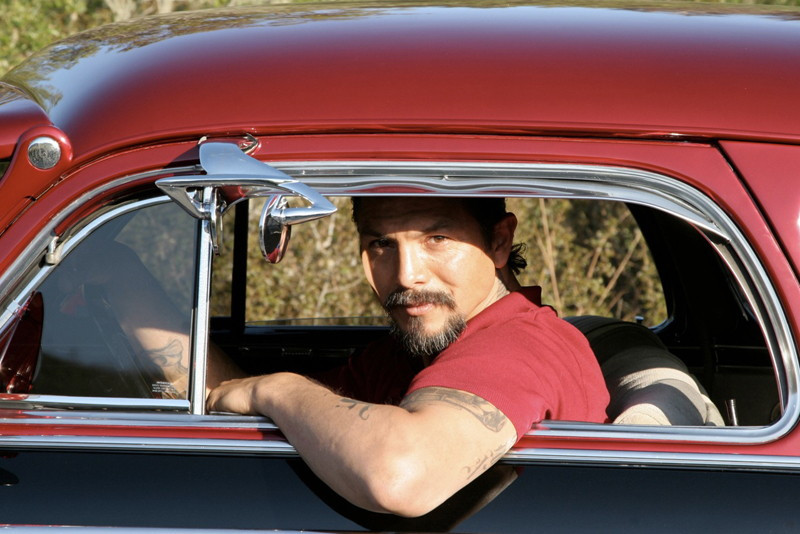Aboriginal film festival showcases 40 new films
The Winnipeg Aboriginal Film Festival, a five-day celebration showcasing the best of indigenous film from across Canada and around the world is back, featuring over 40 exciting new films.
The festival got its modest start back in 2002 when, on the advice of a professor, student filmmaker Coleen Rajotte put on a screening with a few local, aboriginal filmmakers.
Since then the festival has bloomed, growing into the third largest aboriginal film festival in North America.
Rajotte, now artistic director for the festival, is excited by this year’s great lineup.
“So many times you’re just blown away by all the talent that is out there,” she said.
The dynamic selection of films, under the theme of moving towards healing, include the story of a tough San Francisco father’s reconciliation with his gay son (La Mission), an Ecuadorian community’s struggle to keep their land from a mining company (Under Rich Earth) and the tale of a terminally ill Greenlander who decides to embark on a boat voyage, facing his own mortality in a celebration of friendship and life (Nuummioq).
A new addition this year is Our Stories, Our Identities, a program that gave the opportunity to budding young aboriginal filmmakers to produce short personal documentaries about their lives, three of which will be screened at the festival.
The films explore the numerous issues facing aboriginal youth, including foster care without parents, suicide and the intergenerational effect of residential schools.
“By sharing your story, talking to other people and increasing understanding ... you heal from that,” said Rajotte.
The young filmmakers will later be touring schools with low aboriginal populations to share their realities with fellow students.
For those interested in filmmaking, the festival is a great opportunity to mix with numerous out-of-town filmmakers, while films like A Good Day to Die, which details the history of the American Indian movement, provide invaluable indigenous histories.
“We are really proud that we are able to nurture and showcase aboriginal film – not only from Canada, but from around the world,” said Rajote.
Aboriginal people comprise more than 10 per cent of Winnipeg’s population, making it the ideal venue for the festival.
“Our goal every year is to connect everybody in our great city and province to this ever burgeoning art form,” said WAFF program director Jim Compton. “It’s an exciting time to be an aboriginal filmmaker.”
The Winnipeg Aboriginal Film Festival runs until Sunday, Nov. 28 at Town Cinema 8, Cinematheque, Aqua Books and Eckhardt-Grammaté Hall. Tickets are $5 for most screenings and $40 for a festival pass. Visit www.aboriginalfilmfest.org for screening times and additional information.
Published in Volume 65, Number 13 of The Uniter (November 25, 2010)







